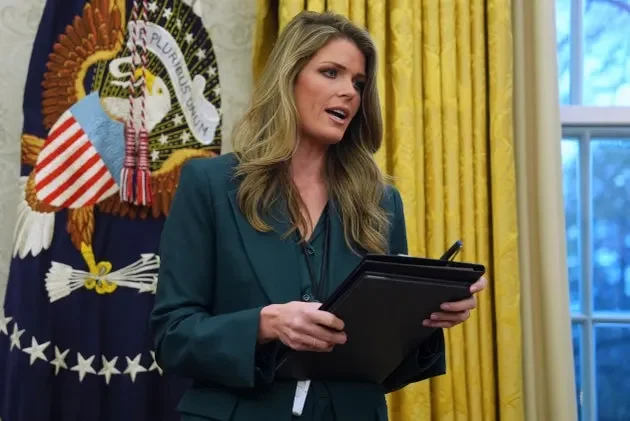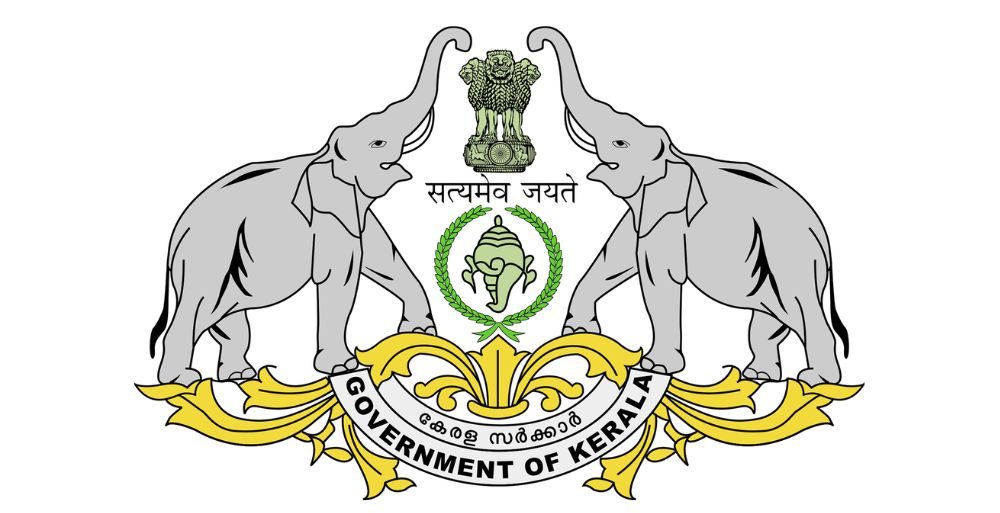A federal judge on Monday threw out the criminal cases that President Donald Trump had pushed against former FBI Director James Comey and New York Attorney General Letitia James. The ruling represents one of the earliest and most significant blows to Trump’s effort to punish his political opponents.
US District Judge Cameron McGowan Currie dismissed both cases on the grounds that the prosecutor who filed them — interim US Attorney Lindsey Halligan — was improperly appointed. Because her appointment was unlawful, anything that resulted from it was also invalid.
This development underscores longstanding criticism that Trump’s push for these prosecutions was rushed, political, and poorly executed. Halligan was placed in the role only after Trump removed the previous US attorney who declined to pursue the charges and urged Attorney General Pam Bondi not to proceed.
Although the Justice Department may appeal the rulings, both cases are effectively halted for now, marking a major disruption in Trump’s broader retribution strategy. His unprecedented personal involvement in ordering these prosecutions has no modern precedent.
Below are the major takeaways from the judge’s decisions.
1. A Major Embarrassment for Trump’s Retaliation Strategy
Trump’s approach to charging his adversaries has often been criticized as focused on achieving indictments at any cost, regardless of legal foundation. Analysts have long warned that such a strategy could collapse under scrutiny — and this appears to be happening.
The judge’s rulings highlight:
- Trump and Bondi had to improperly replace the acting US attorney just to find someone willing to bring the cases.
- Halligan had no prior experience as a prosecutor.
- Bondi tried to retroactively redefine Halligan’s appointment, an action the judge said had no legal basis.
These dismissals follow other troubling signs. A magistrate judge recently criticized Halligan and the DOJ for a “disturbing pattern of profound investigative errors,” including mishandling grand jury evidence and misdirecting jurors.
Several conservative legal experts had already predicted that the indictments were likely to be invalidated due to issues with Halligan’s appointment.
2. Public Opinion Is Not on Trump’s Side
Politically, the rulings could be damaging. Trump allies have tried to frame these prosecutions as equivalent to Trump’s own criminal cases — portraying them as a form of political payback. But the American public doesn’t see it that way.
A Marquette University Law School poll revealed:
- 58% of Americans believe Trump’s cases against Comey and James were not justified.
- Conversely, a majority said the charges against Trump himself were justified.
This suggests that attempts to portray these prosecutions as legitimate are not resonating with voters. Compared with Trump’s own indictments — which involve efforts to overturn the 2020 election, the January 6 attack, and mishandling classified documents — the charges brought against Comey and James were far more minor.
Comey was accused of making false statements to Congress, while James faced an alleged mortgage-fraud scheme that, even if true, would have amounted to relatively small financial gains.
3. Another Setback for Trump’s Justice Department
These dismissals come during a rough period for Trump’s DOJ. Recent difficulties include:
- A Texas federal judge struck down a GOP-drawn congressional map, citing a flawed DOJ recommendation — though the Supreme Court has temporarily paused the ruling.
- The DOJ abruptly dropped its case against a woman accused of hitting a Border Patrol agent with her car, amid questions about investigative failures.
- Federal investigators are examining the administration’s handling of mortgage-fraud probes involving James and Sen. Adam Schiff.
- Courts have twice ruled against Trump’s tariff policies, with the Supreme Court now reviewing the matter and showing skepticism.
- A Costa Rican official contradicted DOJ claims in a separate case.
Overall, the department has faced increasing scrutiny for legal missteps and political pressure.
4. What Comes Next?
The administration now faces decisions about whether to continue pursuing these politically motivated cases. The White House and Bondi have signaled that they will appeal the dismissals quickly.
The judge dismissed both cases without prejudice, meaning prosecutors could file new charges if they find a legally appointed attorney willing to take them. However:
- The Comey case may be dead because the statute of limitations expired on September 30.
- Finding another prosecutor willing to pursue these controversial cases could be difficult.
- A new grand jury may not approve indictments, especially after the previous grand jury barely voted to charge Comey and rejected one of the allegations entirely — a rare occurrence.
Another challenge: With Halligan disqualified, appointing a Trump-aligned US attorney might be nearly impossible. Senate confirmation would take time and be controlled by Virginia’s Democratic senators, unless Trump can dismantle the traditional “blue slip” approval process.
5. A Twist of Irony in the Judge’s Reasoning
A striking element in Judge Currie’s ruling is her reliance on the legal reasoning from another prominent dismissal: the throwing out of Trump’s classified documents case. In that case, Judge Aileen Cannon — a Trump appointee — ruled that Special Counsel Jack Smith was improperly appointed.
Currie quoted Cannon’s conclusion that when a prosecutor is unlawfully appointed, “there is no alternative course to cure the unconstitutional problem,” and applied the same logic to Halligan’s situation.
In other words, a ruling used to benefit Trump is now being used to dismantle prosecutions that Trump wanted.















